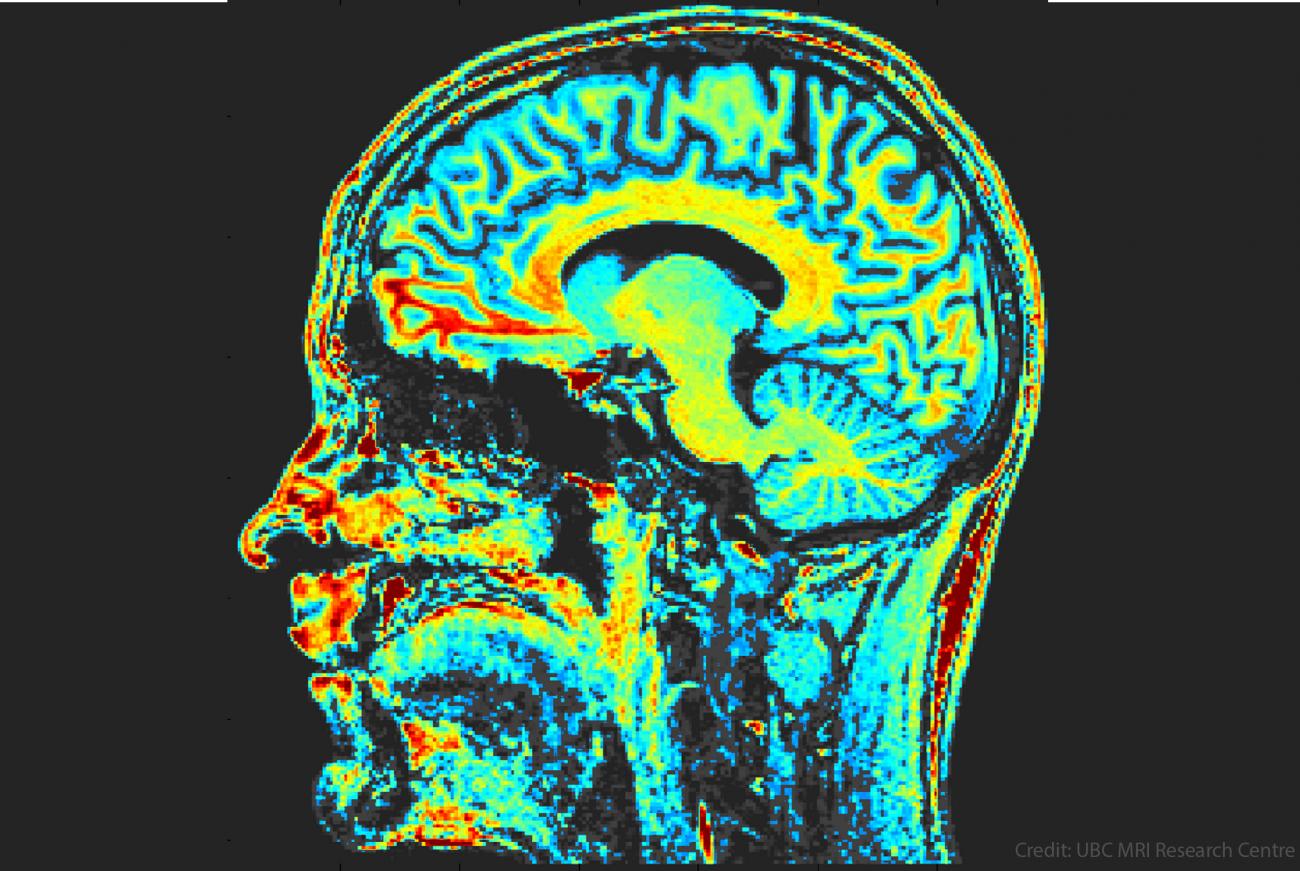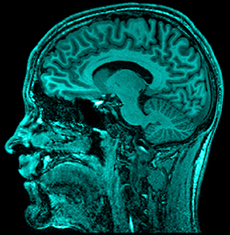
MS study demonstrates new method’s efficacy using wave frequency rather than intensity.
Although the intensity or size of magnetic resonance waves that an MRI scanner collects to create an image has typically been considered the most valuable part of a scan, the frequency of the magnetic resonance (MR) signal has proven even more telling in a study of patients with multiple sclerosis (MS).
“Physicists working with MRIs have access to the full information that the scanner can provide,” explains Dr. Alexander Rauscher, physicist and VCH Research Institute researcher. “This allows us to look beyond just the final image typically used in clinical practice – to dig deeper because we know there’s other information about that scan that could be very useful.”

In 2003, Dr. Rauscher and his colleagues at the time were among the first researchers to investigate the utility of studying the MR signal's frequency and subsequently developed methods making MR frequency an invaluable tool.
Dr. Rauscher’s current research at the UBC MRI Research Centre explores the MRI signal in novel ways to learn about various brain diseases and disorders. A study of MS patients allowed Dr. Rauscher and his team to use their MR frequency knowledge to investigate brain tissue damage due to MS.

Multiple sclerosis (MS) is an unpredictable and potentially disabling disease in which the body's immune system damages the myelin sheath that protects and covers nerves. Damage to this protective myelin disrupts communication between and within the brain, spinal cord and other areas of the body.
“We found that signal frequency changes if there are alterations in the brain tissue due to damage to the myelin,” says Dr. Rauscher, who is also an assistant professor at the Department of Radiology at UBC. “In our patients with MS we saw that the frequency changed very rapidly in new areas of myelin damage in the brain.”
Dr. Rauscher’s MS study team included physics graduate student, Vanessa Wiggermann, in the UBC MRI Research Centre, Dr. Anthony Traboulsee, an associate professor of neurology and director of the UBC Hospital MS Clinic, and Dr. David Li, professor of radiology at UBC Hospital and director of the MS/MRI Research Group. The MS study team saw, in extremely fine detail, changes to brain tissue months before traditionally studied scans showed progression of tissue damage.
Use of MR frequency offers much promise for patients in the future in terms of the increased ability to accurately see small changes in the brain due to disease as well as closely observing the efficacy of drug treatments.
“When new drugs are tested or discovered that help the brain heal, we’re not able to be very sensitive to this healing process,” says Dr. Rauscher. “Now, we see the process in greater detail and this may help accelerate drug development and identify subgroups of people with MS.”


